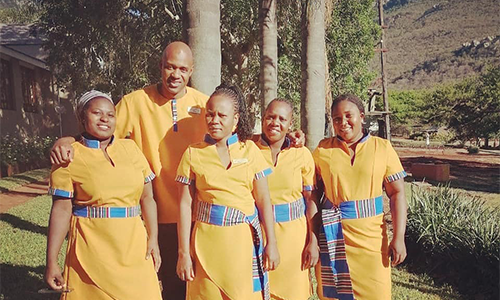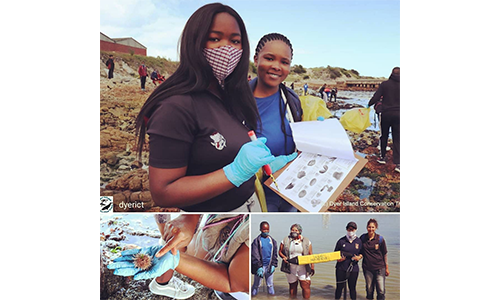Fair Trade Tourism is a not-for-profit organization that provides a networking platform, business support, and certification to enable the tourism sector to operate with Fair Trade Tourism’s six principles and responsible tourism embedded in their day-to-day tourism offering. We work in partnership with the entire tourism value chain – from micro enterprises in the destination through to large tour operators in key source markets. Working together, we ensure that the people and places whose culture, land and resources create opportunities for rewarding travel experiences benefit from them, and that they are empowered to safeguard the nature, culture and heritage that define them.
FTT was initially a project conceptualised under the International Union for the Conservation of Nature (IUCN) – South Africa in 2001, and became an independent entity in 2004. The organisation has provided leadership in responsible and Fair Trade Tourism in Africa and globally ever since.
In 2012, Fair Trade Tourism was among the first certification bodies in the world to be officially “recognised” by the Global Sustainable Tourism Council (GSTC). We maintain our commitment to applying best practice in sustainable tourism certification, including independent audits and periodic revisions of our standard to ensure that it remains locally relevant and reflects ever-shifting sustainable development priorities to which tourism businesses must adapt in order to continue creating better places to live, work, and visit.
OUR VISION
Global leadership for fair, participatory and sustainable tourism.
OUR MISSION
Through certification, develop the market for Fair Trade Tourism in a way that benefits people, business and the environment.
Six Principles of Fair Trade Tourism
1 fair share – all participants involved in a tourism activity should get their fair share of the income, in direct proportion to their contribution to the activity
2 fair say – all participants involved in a tourism activity should have the right and opportunity to participate in decisions that concern them
3 respect – both host and visitor should have respect for human rights, culture and environment; this includes
● safe working conditions and practices
● protection of young workers?
● promoting gender equality
● understanding and tolerance of socio-cultural norms
● reducing consumption of water and energy, as well as reducing, reusing and recycling waste
● conservation of biodiversity and natural resources
● HIV/AIDS awareness
4 reliability – services delivered to tourists should be reliable and consistent; basic safety and security for both host and visitor should be ensured
5 transparency – tourism businesses should establish mechanisms of accountability; these include
● ownership of tourism businesses must be clearly defined
● employees and other participants should be able to access information that concerns them
● sharing of profits, benefits and losses must be transparent
6 sustainability – the tourism businesses should strive to be sustainable; this includes
● increased knowledge through capacity-building
● improved use of available resources through networking and partnerships
● economic viability through responsible use of resources
● reduction of leakage through local purchasing and employment
● support to historically disadvantaged entrepreneurs






